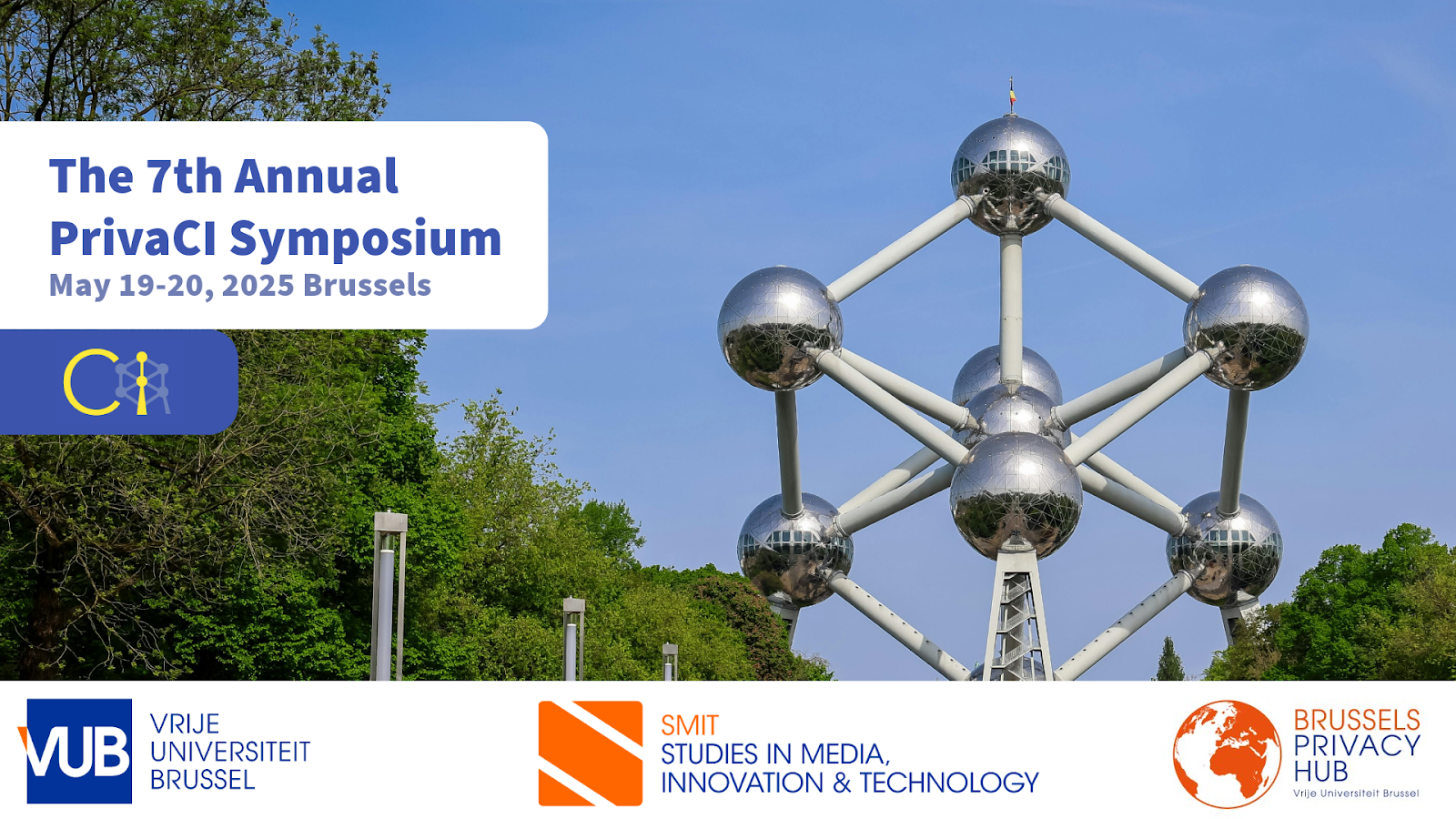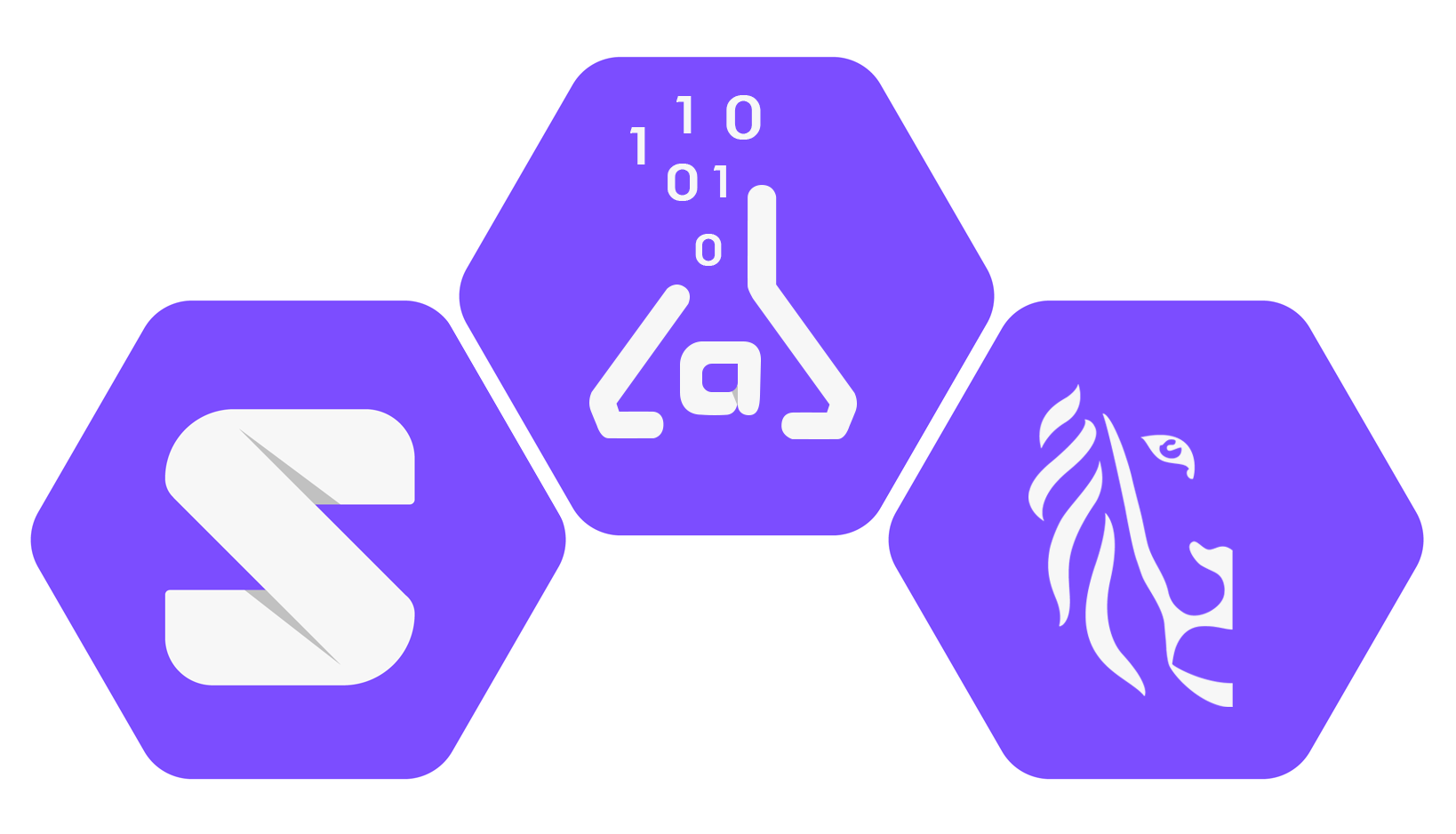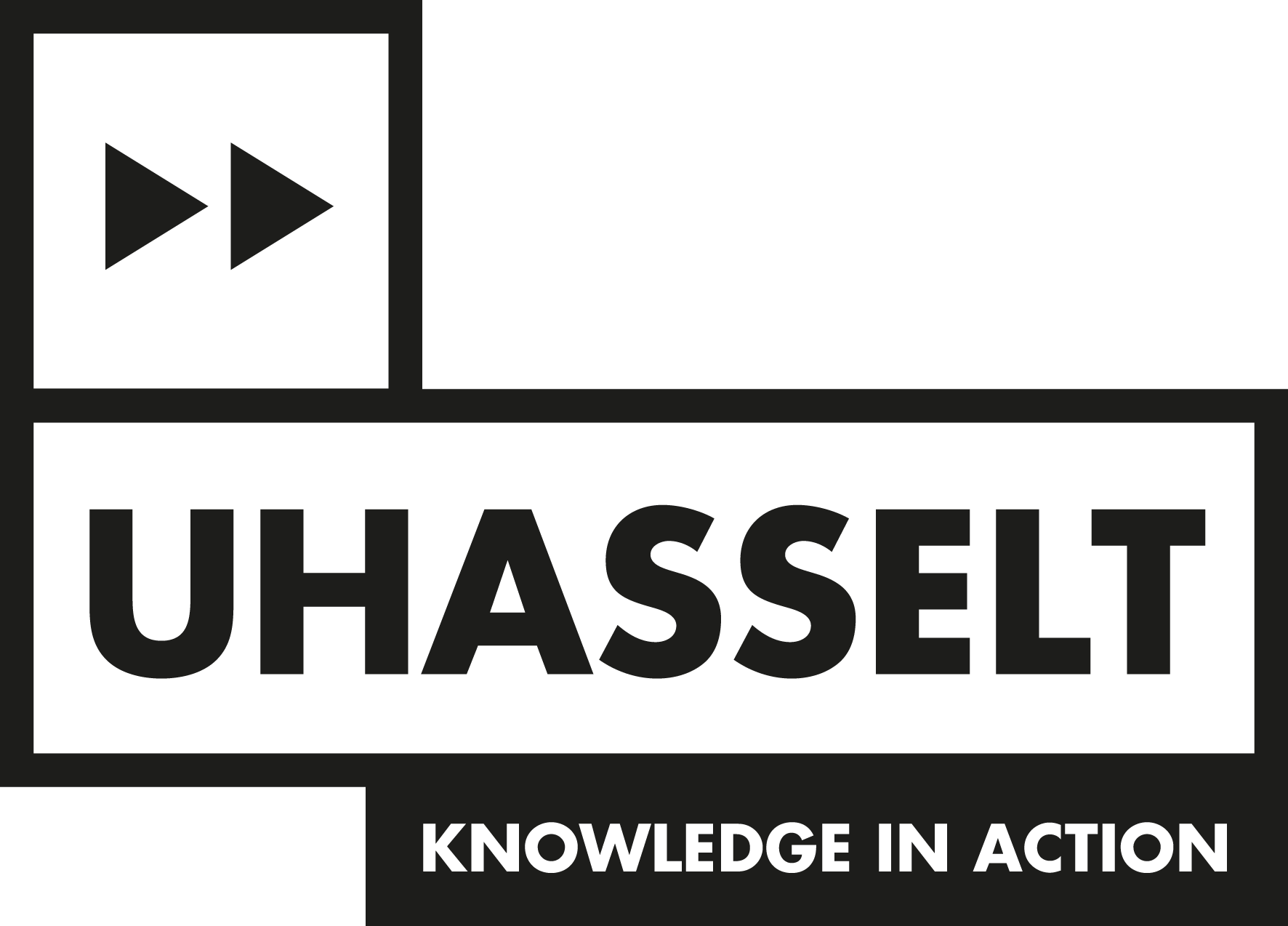
We are pleased to announce the 7th annual PrivaCI Symposium, which will be held on May 19 and 20, 2025, in Brussels, Belgium. The symposium is hosted by imec-SMIT, Vrije Universiteit Brussel and the Brussels Privacy Hub.
The aim of the symposium is to foster interaction among diverse communities of research and practice using Contextual Integrity to reason about privacy, and to design and evaluate, craft regulation, and generate formal logics for privacy.
As the symposium makes its debut in Europe, the 7th annual PrivaCI Symposium will focus on how the Contextual Integrity framework can address pressing issues in the European landscape of privacy and data protection. The symposium aims to provide a platform for exploring the application of Contextual Integrity in various legal contexts, including specific challenges such as compliance with the General Data Protection Regulation (GDPR), the evolving European Digital Strategy (which encompasses the Data Governance Act, the Data Act, the AI Act, the Digital Services Act, and the Digital Markets Act), and the broader implications of living in increasingly digital societies.
Another key theme of the first PrivaCI Symposium in Europe will be personal data spaces, including the European Health Data Space (EHDS). Interoperability and standardization are critical for both. The symposium seeks to explore how the principles of Contextual Integrity can assist researchers, policymakers, and industry professionals in creating standards and establishing interoperability that ensures data flows respect contextual privacy norms while supporting broader societal goals, such as innovation and trust.
In line with our focus on pressing European privacy issues, we particularly encourage submissions that examine how Contextual Integrity can address both regulatory frameworks—such as the GDPR and the European Data Strategy—and the technical challenges posed by decentralized, interoperable systems like personal data spaces and the EHDS.
Submissions should investigate how these systems can harmonize individual data empowerment with societal benefits, ensuring that appropriate data flows respect contextual privacy norms while still enabling innovation, cross-border collaboration, and trust in digital ecosystems. We welcome empirical studies, policy analyses, theoretical reflections, and system design approaches that contribute to the development of privacy-preserving standards and solutions grounded in the Contextual Integrity framework.
REGISTRATION
Registration for the symposium is € 100.
Please use the following link to register.
After registering for the symposium, the group discount details will be shared. It is possible to book rooms for up to 4 people. Please feel free to reach out to privaci_brussels@vub.be for booking details.
Logistics
For information on the event location and accommodations, click here.
TRAVEL GRANTS
Travel grant awardees will be hosted at a mentoring lunch, expected to participate in both days of the workshop, and provide a short report following the symposium.
Participants can apply for a travel grant award that can go towards partially covering the cost of attending the symposium by filling in this form.
The only travel expenses that can be reimbursed are: air travel and hotel. The exact number of awards will depend on the availability of funds and will be determined as funding amounts are finalized.
IMPORTANT DATES
All deadlines are AoE (Anywhere on Earth).
Register an intent/abstract (optional): February 7, 2025Submissions Due: February 14, 2025- Notifications: March 21, 2025
- Symposium dates: May 19 and 20, 2025
SYMPOSIUM CHAIRS
Gianclaudio Malgieri (eLaw, Leiden University; Brussels Privacy Hub)
Jo Pierson (imec-SMIT, Vrije Universiteit Brussel & Universiteit Hasselt)
August Bourgeus (imec-SMIT, Vrije Universiteit Brussel)
Symposium Chairs contact email
PROGRAM COMMITTEE
Noah Apthorpe (Colgate University)
Borja De Balle Pigem(Google)
Paul De Hert (Vrije Universiteit Brussel)
Rachel Cummings (Columbia University)
Cathy Dwyer (Pace University)
Laura Drechsler (CITIP, KU Leuven)
Ralf De Wolf (imec-MICT-UGent)
Beatriz Esteves (Ugent-imec)
Seda Gürses (TU Delft)
Max Von Grafenstein (Alexander von Humboldt Institute for Internet and Society)
Johanna Gunawan (Maastricht University)
Emiram Kablo (Universität Paderborn)
Irith Kist (Data Protection Officer at the Netherlands Cancer Institute)
Frauke Kreuter (LMU Munich, Germany and at the University of Maryland, USA)
Priya Kumar (Pennsylvania State University)
Mainack Mondal (IIT Kharagpur)
Elisa Orrù (The Centre for Security and Society)
Madelyn Sanfilippo (University of Illinois at Urbana-Champaign)
Luke Stark (Western University)
Katherine J. Strandburg (New York University School of Law)
Vincent Toubiana (CNIL)
Andrew Trask (OpenMined)
Kirsten Martin (University of Notre Dame)
Joris van Hoboken (Vrije Universiteit Brussel, Belgium)
Laurens Vandercruysse (Vrije Universiteit Brussel)
Ine Van Zeeland (imec-SMIT-VUB, Universiteit Hasselt)
Primal Wijesekera (ICSI)
Ben Zevenbergen (Google)
Yixin Zou (Max Planck Institute for Security and Privacy in Bochum)
STEERING COMMITTEE
Marshini Chetty (University of Chicago)
Helen Nissenbaum (Cornell Tech)
Yan Shvartzshnaider (York University)
Contact
Email: contact@privaci.info
Website: https://privaci.info/
Code of Conduct
The CI symposium is a safe and welcoming environment for all. We, as the organizers, are committed to facilitating an experience free of harassment and discrimination. Any participant violating this code will be sanctioned and/or expelled from the event, at the discretion of the General Chair(s).
If you witnessed or experienced harassment or discriminatory behavior, please consider intervening and refer to the organizers (contact@privaci.info) for further action, with the consent of the affected party subject to applicable laws.
WITH THE GENEROUS SUPPORT OF


